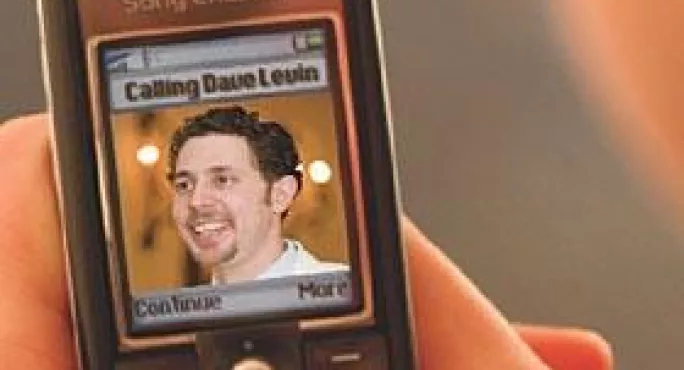Give pupils your mobile phone number

Original paper headline: Meet the man who believes pupils should have your mobile number Teachers should give pupils their mobile phone numbers and be available “247” if they want to succeed under Conservative plans allowing them to set up their own schools. The message comes from Dave Levin, the American teacher who inspired the Tory scheme. Mr Levin, co-founder of the lauded Knowledge is Power Program (KIPP) schools, told The TES that teachers wanting to emulate him in England need to “reach the hearts and minds of kids”. And that means visiting them at home and being constantly available at the end of a telephone. “All of our teachers give out their cellphone numbers so they are available 247,” he said. But Mary Bousted, general secretary of the Association of Teachers and Lecturers, said it would lead to teacher “burn-out”. She said home visits could work if they were properly organised. “But the idea that teachers could give out their mobile numbers to every pupil is ridiculous. “Why should teachers have to become missionaries rather than professionals all of a sudden?” Dr Bousted said. “They have a right to a private life and they have a right to time off and having those things makes them better teachers.” This week the Conservatives expanded their plans for teacher-run schools when George Osborne, shadow chancellor, revealed that teachers would be among the public sector workers allowed to form co-operatives to take over their own services. In November, when the Tories first said they would encourage teachers to set up schools, Michael Gove, shadow schools secretary, cited the “phenomenally successful” KIPP as the example they should follow. Mr Levin, an elementary and middle school teacher, said the mobile phone tactic had been “pretty essential” to the success of KIPP. The chain now has 82 schools across the US, exceeding expectations for predominantly disadvantaged pupils. “It goes back to that point about reaching to the heart,” he said. “When you do home visits, when you give out cellphone numbers, when you are just accessible for people it is easy to build relationships. People want to believe. “All of this is applicable across the pond. It is all the same reaching the hearts of kids - it doesn’t matter whether you are in England, Sweden, Nigeria or Chile. Kids are largely kids.” Mr Levin said home visits also helped to get parents to buy in to their children’s education. “The point is how are you going to convey that you truly care about building relationships?” he said. “Schools are always telling parents `You gotta come into school, you gotta come into school’. And you have to. You have to come in for report cards, for parent conferences, for this, for that. “But when do we ever go to the parents? When do we ever say `Hey look, we are willing to meet you on your home turf’?” Giving pupils 24-hour mobile telephone contact with teachers is at the extreme end of increasing home school links. But the development of new technology such as “virtual learning environments” (VLEs) means growing numbers of teachers are likely to be communicating with pupils after school. VLEs are online spaces where pupils can upload their own work, teachers can post homework tasks and, crucially, that allow pupils to e-mail questions to their teachers. Technology is also likely to lead to more contact with parents out of hours. One pilot scheme in Northumberland was reported to have seen parents encouraged to email teachers’ personal accounts to ask for regular updates about their children’s progress.Access all areas
Keep reading for just £1 per month
You've reached your limit of free articles this month. Subscribe for £1 per month for three months and get:
- Unlimited access to all Tes magazine content
- Exclusive subscriber-only stories
- Award-winning email newsletters



